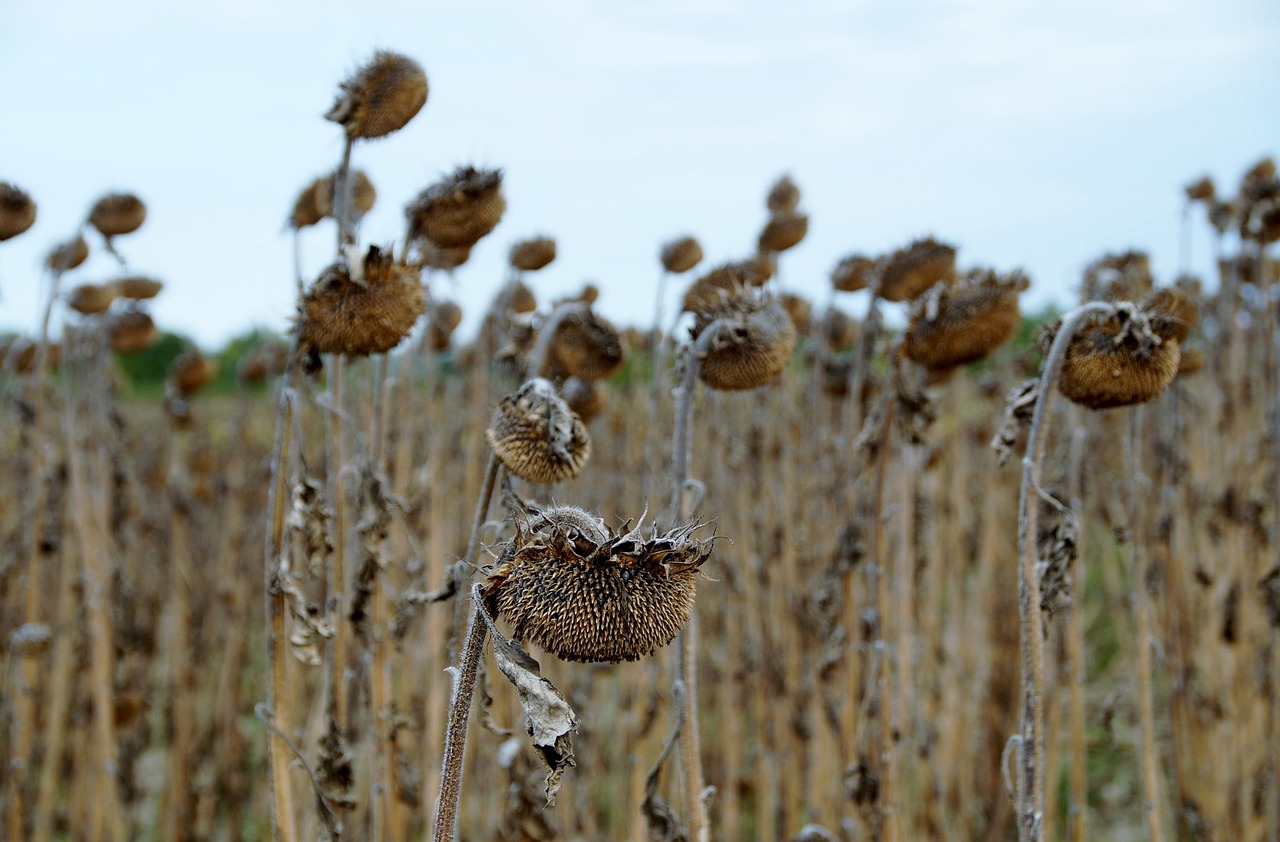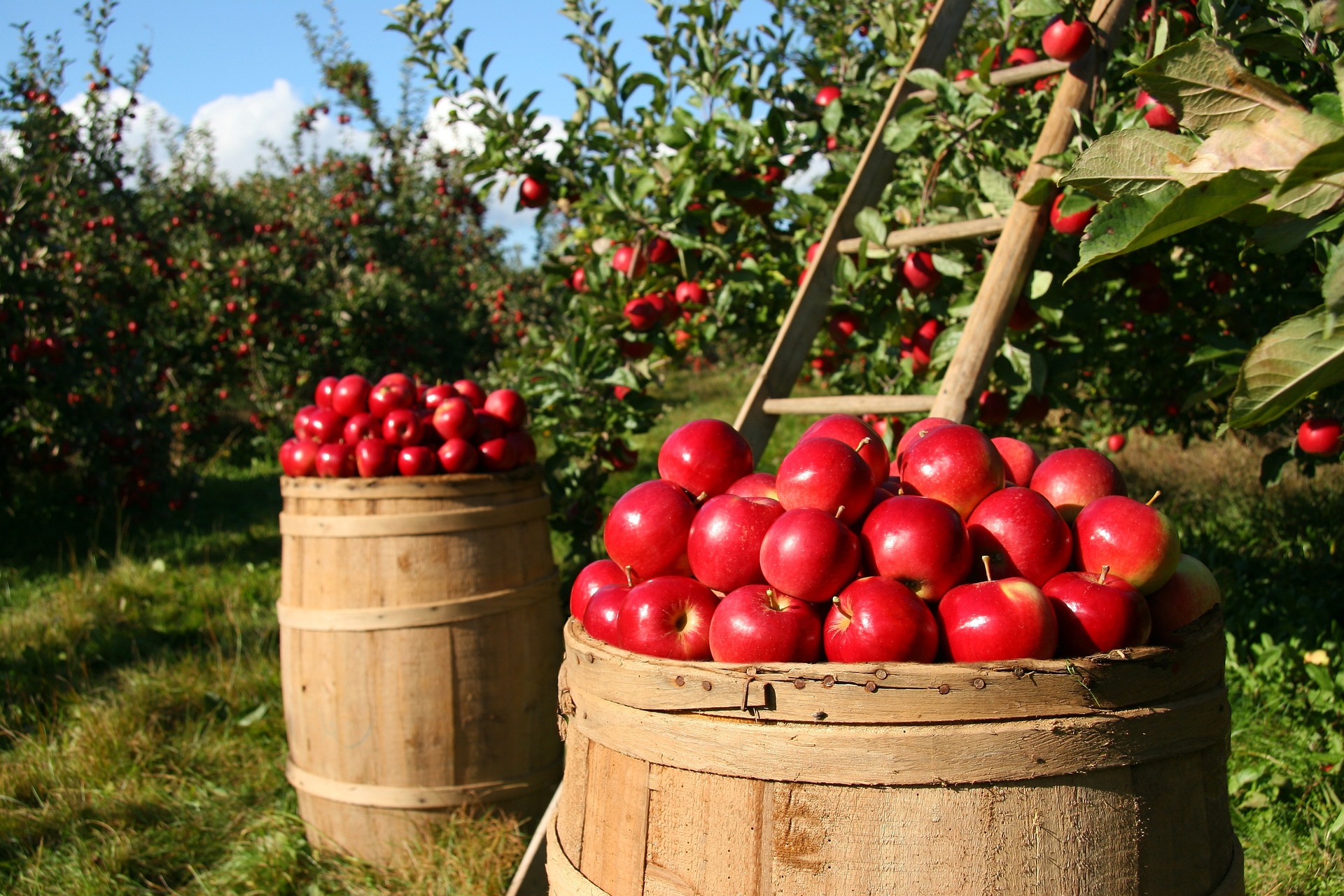
About eighty percent of the drought damage affects maize and sunflower crops.Continue reading

Hungary is facing a significant increase in apple prices due to a weak European harvest and lower domestic production, reports Világgazdaság.
This year’s apple harvest in Hungary is expected to be well below last year’s levels, with an anticipated 330,000 tons, down from 472,000 tons in 2022, marking the second weakest harvest in the last decade. As a result, consumer apple prices are expected to rise by 10-15 percent.
The higher apple prices are primarily driven by several factors, including last year’s strong harvest, leaving apple trees stressed and leading to weaker flowering and yields in poorly managed orchards.
Additionally, adverse weather conditions, such as droughts, cold spells and hailstorms, have further reduced both the quantity and quality of the apple crop. FruitVeB, the Hungarian Interprofessional Organization for Fruit and Vegetable, notes that these conditions have led to a situation where 10-20 thousand tons of apples might be diverted from the food segment to the industrial segment, causing a significant loss in the food market.
The current state of apple farming in Hungary is challenging. The table apple crop is slightly below last year’s level, with around 90-100 thousand tons expected to be marketed.
However, the industrial apple crop is facing a much larger decline, with only 230-240 thousand tons expected.
This is a significant shortfall, as Hungary’s processing capacity for industrial apples is around 400,000 tons, meaning only 55-60% of this capacity will be met, assuming no exports—a scenario that is unlikely.
Internationally, Hungarian apples are in high demand within the EU, particularly from Poland, Austria, and the Czechia, where apple shortages are severe. Austria and Czechia alone face a combined shortage of around 200,000 tons, double Hungary’s table apple production. Polish demand is even higher, which could drive up prices if Hungarian producers and traders cannot compete with foreign offers. This demand is expected to push prices up, with producer prices for table apples expected to rise by 25-35%, wholesale prices by 15-25%, and consumer prices by 10-15%.
Current forecasts suggest juice apple prices could exceed HUF 80 (20 Eurocents) per kilogram, with potential further increases driven by strong international demand.
The combination of a poor domestic harvest, strong European demand, and adverse weather conditions is expected to result in significantly higher apple prices in Hungary. If domestic price increases do not keep pace with international demand, there is a high risk that a substantial portion of Hungary’s apple crop will be exported, potentially leading to shortages in the local market.
Via Világgazdaság; Featured Image: Pixabay